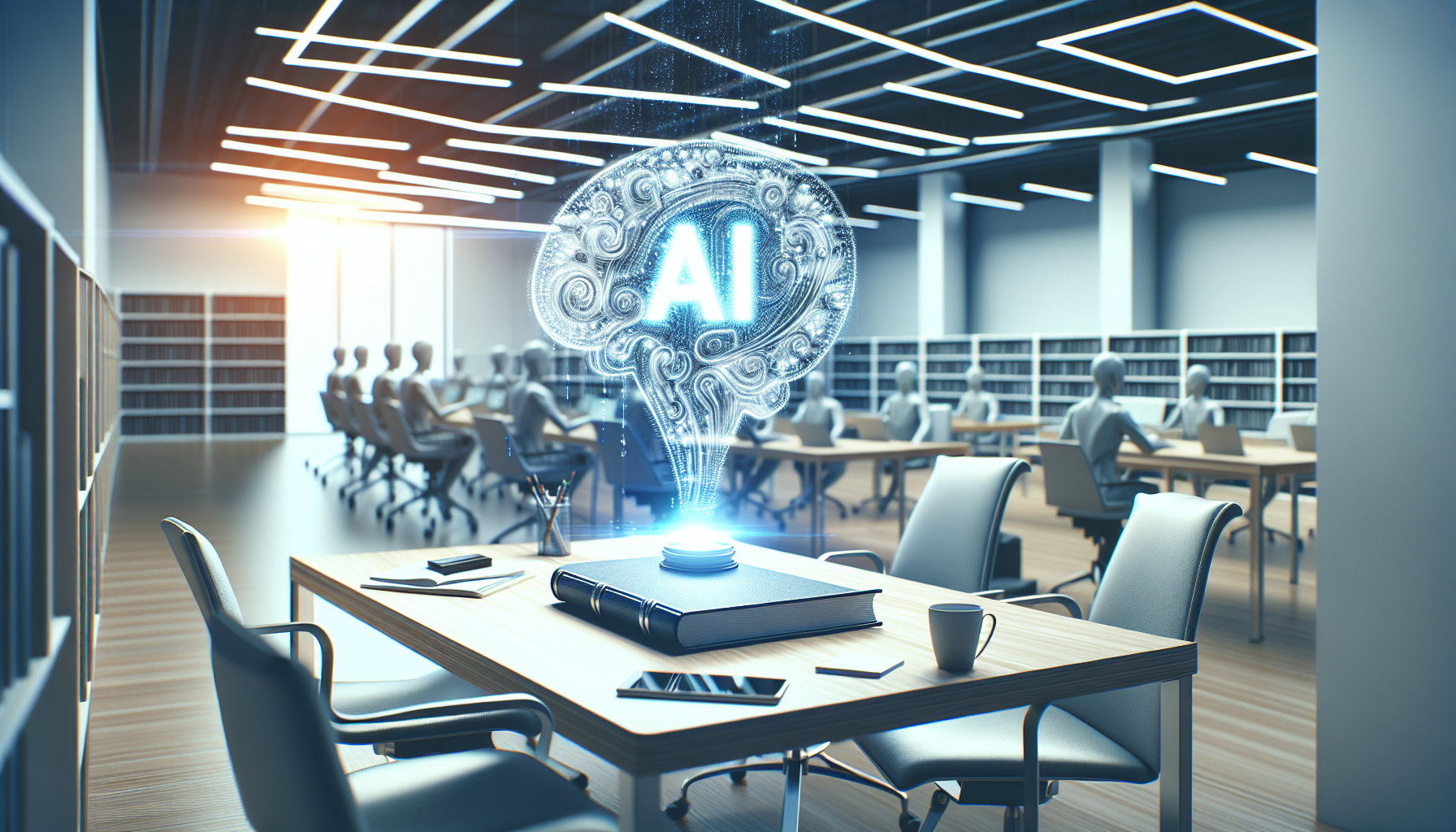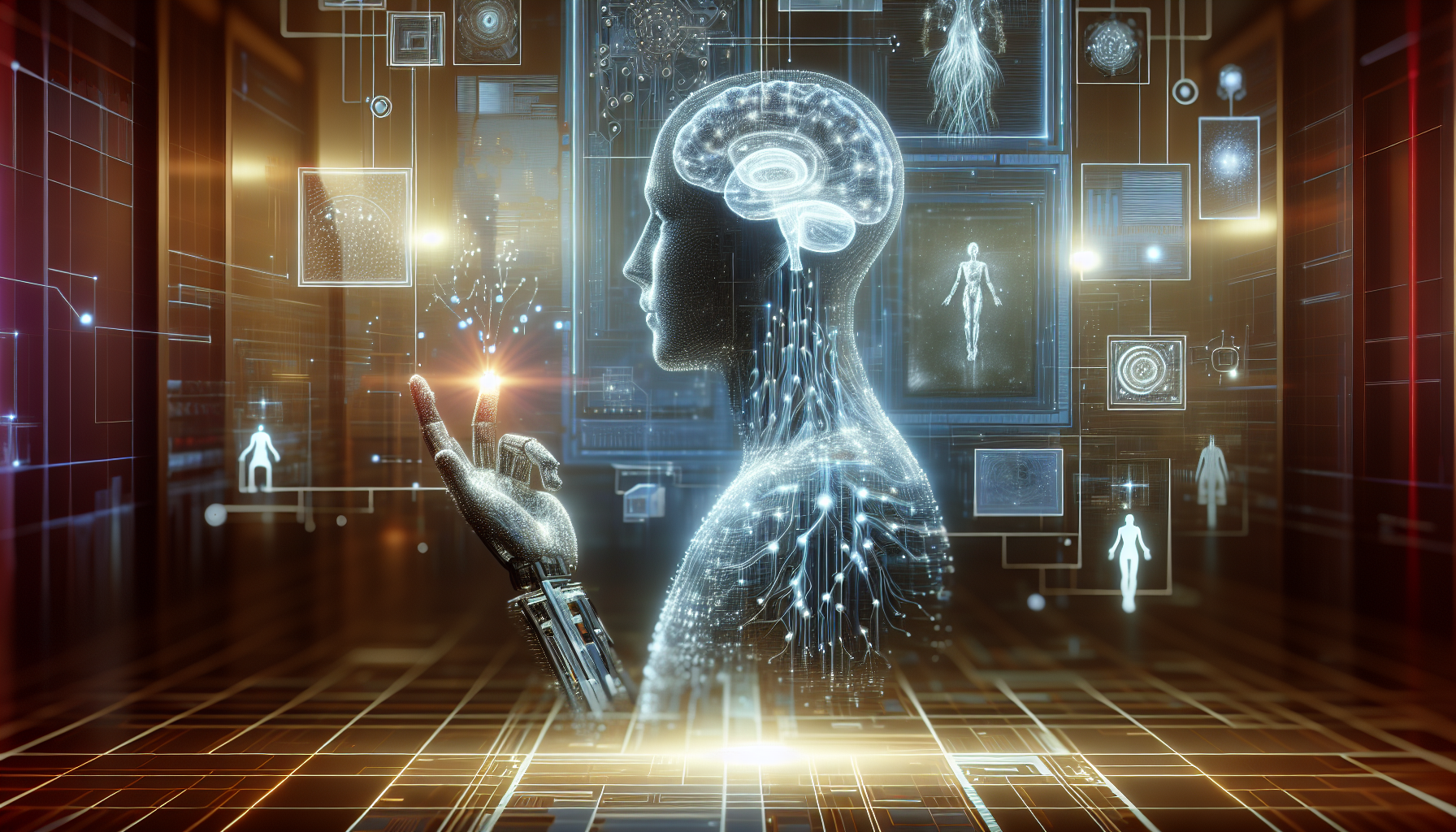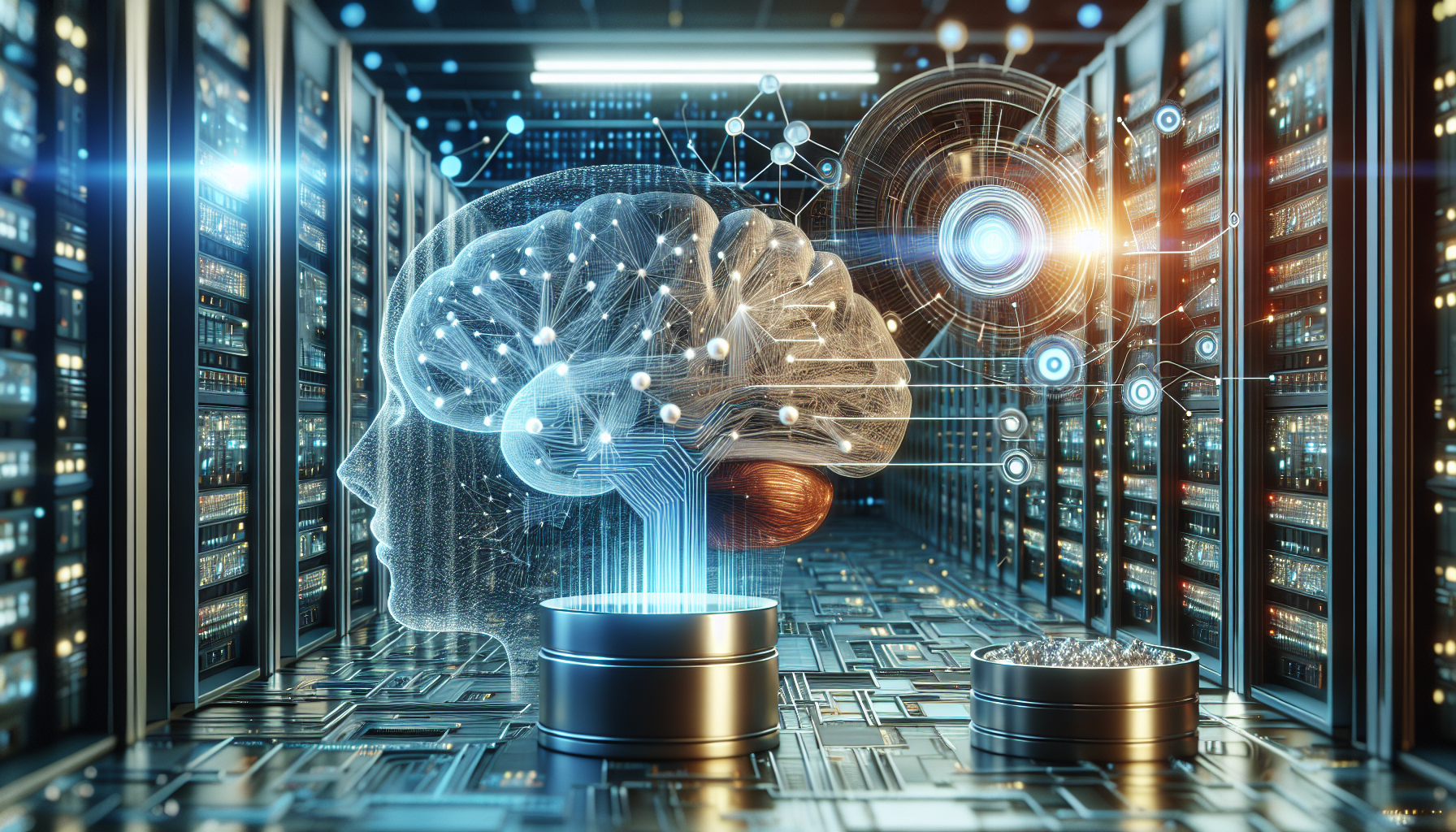
The Economic Impact of AI: A Critical Case Study on Growth and Displacement
September 28, 2025
The bustling streets of Detroit, once synonymous with booming automotive industry, now tell a story far removed from their manufacturing heyday. The city, emblematic of America's industrial prowess, has become a focal point in examining the economic impact of artificial intelligence (AI) on growth and displacement. As AI technologies increasingly permeate traditional industries, the changes in Detroit offer a critical lens through which to scrutinize the promises and pitfalls of AI-driven economic transformation.
Detroit's transformation from a manufacturing powerhouse to a tech-driven hub highlights the dual nature of AI's economic impact. On one hand, AI has spurred growth, creating startup ecosystems and attracting tech companies. On the other, it has displaced workers from their traditional roles, leaving many grappling with new economic realities. This juxtaposition raises questions about the equitable distribution of AI's benefits and burdens.
The promise of AI lies in its ability to enhance productivity and efficiency. In Detroit, AI has enabled the optimization of manufacturing processes, reducing waste and improving quality control. Companies like Ford and General Motors, rooted in the city’s history, have embraced AI technologies to automate production lines, leading to faster assembly times and lower costs. However, this shift towards automation comes at a steep human cost. The decline in demand for manual labor has resulted in job losses, particularly affecting workers without advanced technical skills.
Critics argue that the economic growth spurred by AI is concentrated among those who already possess the resources to capitalize on technological advancements. In Detroit, tech startups and AI-driven enterprises have flourished, attracting investment and creating high-skill jobs. Yet, the benefits of this growth are not evenly distributed. Many of the new opportunities require expertise in fields such as data science and machine learning, areas where the local workforce may lack proficiency. This skills gap exacerbates existing economic disparities, leaving behind those unable to transition into the new economy.
The displacement caused by AI is not merely a local issue but a microcosm of a broader economic challenge. As AI continues to evolve, the potential for widespread job loss looms large. The World Economic Forum has predicted that millions of jobs could be displaced globally, with the manufacturing and service sectors being particularly vulnerable. This potential upheaval demands a rethinking of educational and training paradigms to prepare workers for a future where adaptability is key.
In Detroit, initiatives aimed at mitigating AI-induced displacement have begun to take root. Collaborations between local government, educational institutions, and private companies are focusing on upskilling and reskilling programs. These initiatives aim to equip workers with the necessary skills to thrive in an AI-driven economy, offering training in digital literacy, coding, and machine operation. However, the effectiveness of these programs remains in question, as critics point out that access to such opportunities is often limited by socioeconomic barriers.
Moreover, the ethical implications of AI-driven economic change cannot be ignored. The use of AI in decision-making processes, from hiring to resource allocation, has raised concerns about bias and fairness. In Detroit, there have been instances where AI systems have inadvertently reinforced existing biases, further marginalizing already disadvantaged communities. This highlights the need for robust regulatory frameworks to ensure that AI technologies are developed and implemented in ways that promote fairness and inclusivity.
The case of Detroit underscores the complexity of AI's economic impact. While the potential for growth and innovation is undeniable, the social and ethical ramifications cannot be overlooked. The challenge lies in harnessing AI's capabilities to foster an economy that is not only prosperous but also equitable and just.
As we stand on the precipice of a new economic era, the critical question remains: how can we balance the scales between technological advancement and social responsibility? The story of Detroit serves as a cautionary tale, reminding us that the promise of AI must be tempered with a commitment to human welfare and ethical integrity. As AI continues to reshape the economic landscape, the pursuit of growth must be aligned with the principles of equity and justice, ensuring a future where no one is left behind.


